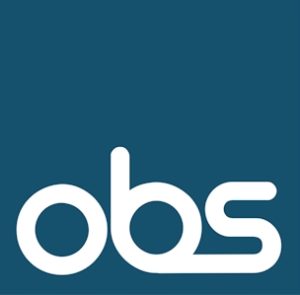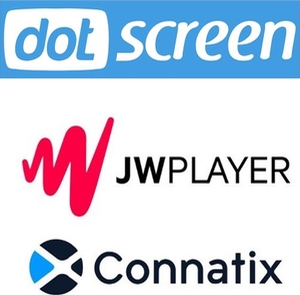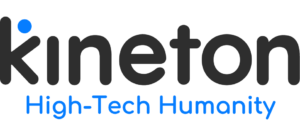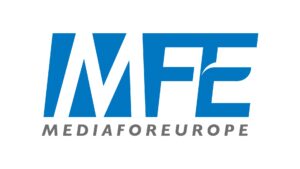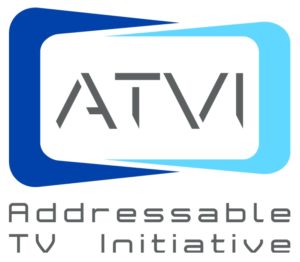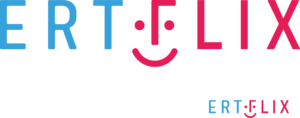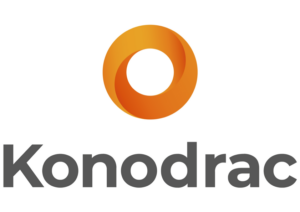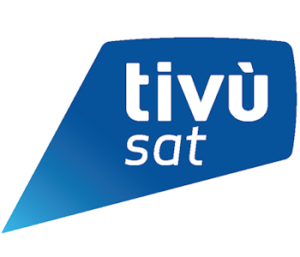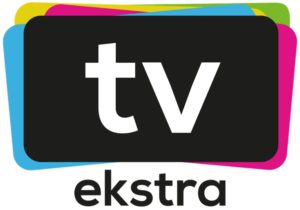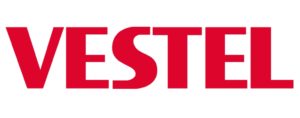Unconference Hub
The second day of the Symposium will again adopt the unconference format, successfully trialled in Naples last year. We’re confident it will prove to be even more valuable, with attendees able to build on last year’s experience.
The idea, in short, is to break into smaller groups for focused discussions based on an agenda we will co-create on the day. You can submit session ideas in advance here and view those already submitted here.

Snapshots of the unconference day at the HbbTV Symposium in Naples
Participating in the unconference
What will you get out of the 12th HbbTV Symposium? Your approach to our unconference day can make a big difference to the value you take from your trip.
You will have some difficult decisions to make during the unconference! The agenda will have four to five sessions running in parallel and you will need to decide which one to attend. But if the chosen session isn’t meeting your expectations, you are free – encouraged, even! – to move to another one or visit the exhibition area.
We will adopt a more relaxed timetable this year, with just four hour-long session blocks and a 15-minute break between each one. This will provide more time for session hosts to prepare and for attendees to talk with exhibitors and sponsors.
The Opening Circle, when sessions are pitched and the agenda is built, will begin at 09:00 on 15 November; unconference sessions will run from 10:00 to 15:30, including a break for lunch; and the Closing Circle will end at 16:30.
Hosting a session
All Symposium attendees are welcome to pitch and host unconference sesssions on any topic relevant to the HbbTV community. If you have an idea for a session, we encourage you to share it already by submitting it via this form.
A few guidelines to keep in mind when thinking about pitching and hosting:
- Think about the outcome that you’d like to achieve your session – what is the goal?
- Decide how you’re going to structure the conversation to reach that outcome – ideally keep it focused on the topic in question.
- Try to hear from everybody in the room – experience has shown that participants do NOT appreciate sessions that are dominated by one or two voices or focused mainly on a PowerPoint presentation.
- Take notes openly on a flipchart or whiteboard – this helps to keep the conversation on track and makes filing a (short) report easier.
You can find more detail on the points above in this blog post from our unconference facilitator, Eoghan O’Sullivan. And If you want to read even more about unconferences, this is an excellent resource.
